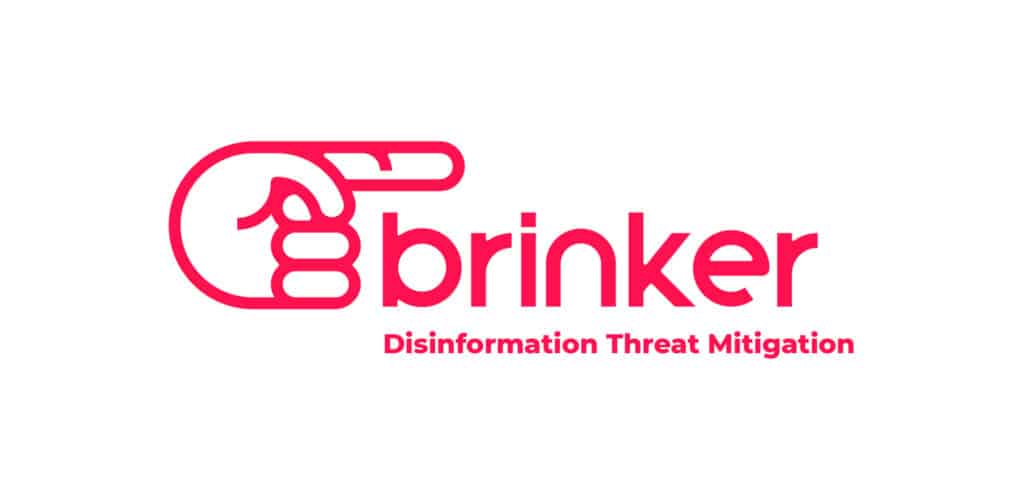The online storage and productivity service Evernote said that it does not believe that the hack of its network that exposed information on 50 million users relied on an exploit of a Java vulnerability, as did recent attacks on Twitter and Facebook. In an e-mail response to questions from The Security Ledger about the hack, Ronda Scott, an Evernote spokeswoman, said that the firm does not believe that the hack used the Java exploit attributed to the other attacks, but said it was still investigating the incident. “It’s premature for us to comment on the methods used, the specific systems affected and/or origin and motivation,” she wrote. She said the company first became aware of the “unusual and potentially malicious” activity within its online service on February 28 and began notifying Evernote users of the need to reset their password the next day, March 1st. Scott maintained that Evernote hasn’t […]
Software
EverNote Latest Site Hacked In Coordinated Attack
The online personal and business productivity service Evernote.com said on Saturday that it is the victim of a hack that exposed encrypted user password information, forcing password resets across a broad swath of the service’s 50 million registered users. The Redwood City, California-based firm revealed in a blog post that its internal security team discovered “suspicious activity on the Evernote network” that “appears to have been a coordinated attempt to access secure areas of the Evernote Service.” The company said it sent password reset messages to its users as a “precaution” but didn’t believe that stored information in users’ accounts or payment information had been exposed. The hack is just the latest of a prominent online firm. In recent weeks, Twitter, Facebook, Apple and Microsoft have all reported compromises of their internal networks. Those intrusions were linked to attacks aimed at developers and relied on exploits of previously unknown “zero day” […]
Malware’s Future Looks A Lot Like Its Present
SAN FRANCISCO – What does the future of malicious software look like? Depressingly like the present, according to a panel of leading experts. Phishing attacks, spam and even self-propagating worms will continue to plague technology users in the years ahead, just as they have for much of the last two decades, according to experts at the RSA Security Conference in San Francisco on Wednesday. However, the malware will operate across a far more crowded landscape of mobile devices, virtual machines, cloud-based computing resources and Internet connected “stuff” – complicating the job of securing sensitive information. The panel, “50 Minutes into the Future: Tomorrow’s Malware Threats” asked the experts to look into the crystal ball and predict what malicious software would look like in the near- and distant future. The answer was: much like it looks today. Dave Marcus, the director of security research and communications at McAfee Labs, said that the […]
Are Mobile App Developers Prey In A Massive Watering Hole Attack?
Say you’re a “bad guy” and what you really want to do is compromise the systems of some high value targets – like software developers working a prominent, Silicon Valley firms like Facebook and Twitter. Breaking through the front door isn’t easy – these companies mostly have the technology chops to protect their networks and employees. Phishing e-mails are also a tough sell: the developer community is heavy on Apple Mac systems and – besides – application developers might be harder to phish than your average Fortune 500 executive. A better approach might be to let your prey come to you – attacking them passively by gaining control of a trusted third party web site – a so-called “watering hole.” That’s a scenario that has played out in a number of recent, high profile attacks, such as the so-called “VoHo” attacks documented by Symantec and RSA. It may also be […]
UPDATE: Vulnerability In EAS To Blame For Fake Zombie Apocalypse Warning?
Editor’s Note: Updated to include information on the brand of EAS device that was compromised. – PFR 2/14/2013 OK – the good news is that the dead aren’t rising from their graves and the Zombie Apocalypse hasn’t begun (yet…). The bad news: a phony EAS (Emergency Alerting System) warning about just such a cataclysm earlier this week may have been the result of a hack of what one security researcher says are known vulnerabilities in the hardware and software that is used to distribute emergency broadcasts to the public in the U.S. The warning from Mike Davis, a Principal Research Scientist at the firm IOActive, comes just days after unknown hackers compromised EAS systems at television stations in the U.S. and broadcast a bogus emergency alert claiming that the “dead were rising from their graves” and attacking people. Published reports say that at least four television stations were the victims […]






